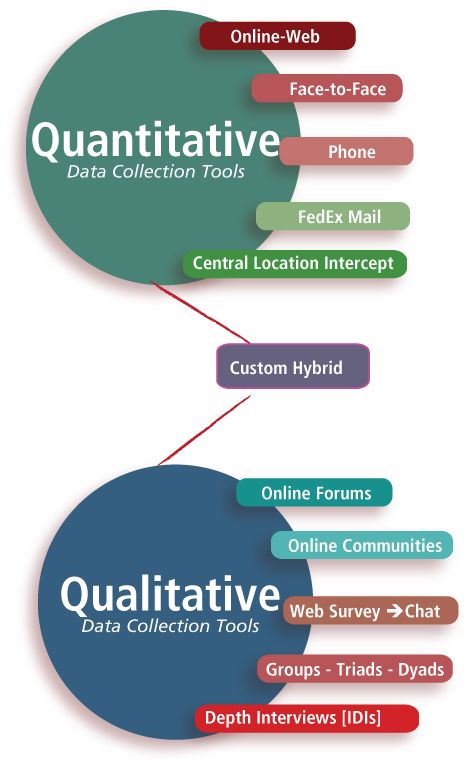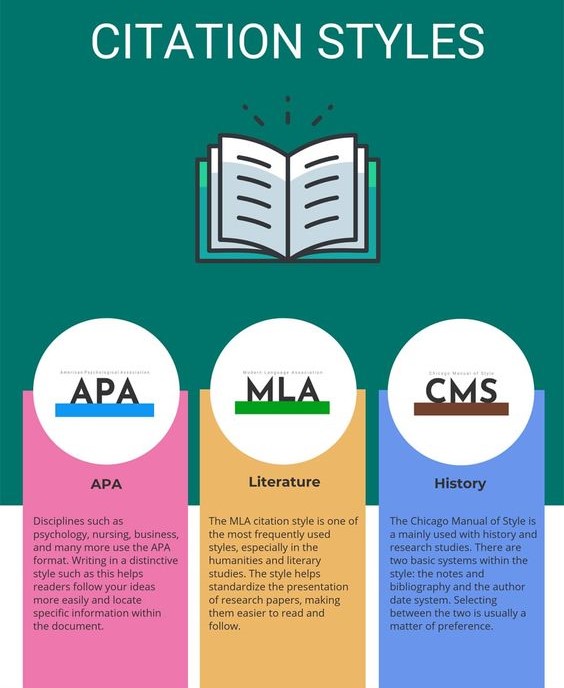Nursing school is a crucible of knowledge, demanding critical thinking, clinical expertise, and the ability to communicate complex information effectively. Nursing essays are often the key to demonstrating these skills, and the research process is the foundation upon which these essays stand. A well-researched nursing essay is not simply a regurgitation of facts; it's a compelling argument, a nuanced analysis, and a reflection of your understanding of the multifaceted world of nursing.
This guide will walk you through the process of conducting impactful nursing essay research, equipping you with the tools and strategies to build a strong foundation for your written work.
Strategies for Nursing Essay Research
1. Understand the Assignment
The first step in any research journey is clarity. Before diving into the vast ocean of information, take the time to dissect the essay prompt. Ask yourself:
- What is the specific topic of the essay?
- What is the essay's objective? Is it to analyze a specific nursing practice, explore a current healthcare challenge, or propose solutions to a particular issue?
- What are the key concepts or themes that the essay should address?
- What are the expected length, format, and citation style for the essay?
Understanding the assignment parameters will guide your nursing essay research and ensure you're collecting the most relevant and impactful information.
2. Develop a Strong Research Question
A well-defined research question acts as a compass, guiding your research and shaping your argument. It should be specific, focused, and relevant to the essay prompt.
For example, instead of a broad question like "What are the challenges of providing end-of-life care?" a more focused research question could be "How do cultural differences impact the provision of end-of-life care in a diverse community?"
A strong research question will drive your nursing essay research, ensuring you gather information that directly contributes to your analysis and argument.
3. Identify Reliable Resources:
The credibility of your sources is paramount in nursing essay research. You need to rely on information that is accurate, current, and backed by evidence. Here's a breakdown of reliable resource types:
- Scholarly Articles: These are peer-reviewed publications found in academic databases like PubMed, CINAHL, PhD Nurse Writer and Google Scholar. They offer in-depth research and analysis by experts in the field.
- Professional Journals: These publications, such as the American Journal of Nursing or Nursing Outlook, provide current perspectives on nursing practices, trends, and research findings.
- Books and Textbooks: Comprehensive nursing textbooks and authoritative books on specific topics can provide foundational knowledge and a broad overview of relevant concepts.
- Government Reports and Websites: Resources from organizations like the World Health Organization (WHO), the Centers for Disease Control and Prevention (CDC), and the National Institutes of Health (NIH) offer credible data, statistics, and policy information.
- Credible Organizations: Reputable nursing organizations like the American Nurses Association (ANA) and the International Council of Nurses (ICN) provide evidence-based guidelines, position statements, and professional resources.

Avoid using unreliable sources like blog posts, personal websites, or unverified online forums. Stick to credible sources that have been vetted by experts in the field.
4. Employ Effective Search Strategies:
Knowing where to look for information is crucial for successful nursing essay research. Here are some effective search strategies:
- Use keywords and phrases: Break down your research question into key concepts and use relevant keywords to search databases and online resources.
- Utilize Boolean operators: Use words like "AND," "OR," and "NOT" to refine your search results and narrow down the scope of your information.
- Combine different search engines: Utilize multiple databases like PubMed, CINAHL, and Google Scholar to cast a wider net and increase the likelihood of finding relevant sources.
- Take advantage of advanced search options: Many databases allow you to filter results by publication date, author, or specific keywords, helping you find the most relevant and current information.
5. Critically Evaluate Sources:
While finding reliable sources is vital, it's equally important to critically evaluate them. Ask yourself:
- Authority: Who is the author or organization behind the information? Are they experts in the field?
- Accuracy: Is the information based on evidence and research? Does it align with other credible sources?
- Objectivity: Does the source present a balanced perspective or is it biased? Does it contain any potential conflicts of interest?
- Currency: Is the information current and relevant to your topic? Has the field progressed since the source was published?
This critical evaluation process will ensure you're using the most reliable and trustworthy information in your nursing essay research.
6. Take Thorough Notes and Organize Information:
As you gather information, it's crucial to take detailed notes and organize your findings systematically. This will help you stay organized, prevent plagiarism, and make the writing process smoother. Consider the following note-taking methods:
- Digital Note-taking Tools: Apps like Evernote, OneNote, and Google Docs allow you to take notes, organize information, and create citations easily.
- Index Cards: The traditional method of using index cards can be helpful for organizing thoughts and quotes. You can categorize cards by topic or source, making it easier to cross-reference and synthesize information.
- Outlining: Create a basic outline of your essay, including main points, supporting arguments, and relevant sources. This will help you structure your thoughts and ensure a cohesive flow of information.
7. Synthesize Information and Develop Arguments:
Once you've gathered a strong foundation of information, the next step is to synthesize it and develop a clear argument. This involves:
- Identifying Key Themes: Analyze your notes and identify recurring patterns, themes, and key arguments across different sources.
- Forming Supporting Evidence: Connect specific data, statistics, and examples from your sources to support your claims and arguments.
- Building a Coherent Narrative: Organize your findings into a logical sequence, weaving together supporting evidence and arguments to create a clear and persuasive narrative.
- Addressing Counterarguments: Acknowledge and address potential counterarguments or opposing perspectives to demonstrate a comprehensive understanding of the topic.
By synthesizing information and developing a strong argument, you'll create a nursing essay research foundation that's both informative and persuasive.
8. Cite Sources Properly:
Properly citing sources is essential for academic integrity and avoiding plagiarism. Choose a citation style appropriate for your assignment, such as APA or MLA.
- Keep Track of Sources: Use citation management tools like Zotero, EndNote, or Mendeley to organize your sources and generate citations automatically.
- Be Consistent with Style: Maintain consistency in your citation format throughout the essay, following the chosen citation style guide.
- Provide Full Citations: Include all necessary information for each source, such as author, publication date, title, and publisher.

Following proper citation guidelines demonstrates your understanding of ethical research practices and helps readers verify your information.
9. Seek Feedback and Refine Your Work:
After completing your research and writing, it's crucial to seek feedback from trusted sources. This could include:
- Professors or Tutors: Discuss your research process, arguments, and any questions you may have with your professors or academic advisors.
- Peers: Get feedback from fellow students or classmates on the clarity, organization, and persuasiveness of your essay.
- Writing Centers: Utilize the resources of writing centers or tutoring services to refine your writing style, grammar, and overall presentation.
Feedback can help you identify areas for improvement, strengthen your argument, and polish your final draft.
10. Embrace Ethical Research Practices:
Nursing essay research is a journey of discovery and knowledge acquisition. Remember to maintain ethical research practices throughout the process:
- Respect Intellectual Property: Avoid plagiarism by properly citing all sources and acknowledging the contributions of others.
- Maintain Privacy: Respect the privacy of patients and participants when using case studies or clinical experiences in your research.
- Acknowledge Limitations: Be transparent about any limitations in your research, acknowledging any potential biases or gaps in your analysis.
- Uphold Integrity: Conduct your research with integrity and honesty, seeking to contribute to the advancement of nursing knowledge and practice.
Nursing Essay Research Topics
- The Role of Technology in Modern Nursing Practice: This nursing essay research topic explores the impact of technology on patient care, including electronic health records, telehealth, and wearable devices. Discuss the benefits, challenges, and ethical considerations associated with using technology in nursing.
- The Impact of Cultural Diversity on Patient-Centered Care: This nursing essay research topic examines how cultural differences influence patient needs and preferences for care. Analyze how nurses can provide culturally sensitive care that respects individual beliefs and practices.
- The Importance of Mindfulness and Self-Care in Nursing: This nursing essay research topic explores the significance of mindfulness and self-care practices for nurses to mitigate burnout and maintain well-being. Discuss how these practices can enhance nurses' emotional and physical health while improving patient care.
- The Future of Nursing: Trends and Innovations: This nursing essay research topic delves into emerging trends and innovations shaping the future of nursing. Explore advancements in areas such as artificial intelligence, personalized medicine, and data-driven healthcare.
- Ethical Dilemmas in Nursing Practice: This nursing essay research topic analyzes complex ethical issues that nurses encounter in their practice, such as informed consent, end-of-life care, and resource allocation. Discuss the role of ethical principles and decision-making processes in resolving these dilemmas.
These are just a few examples, and you can further tailor them to your interests and research goals. Remember to conduct thorough research and cite your sources to ensure the credibility of your nursing essay research.
Conducting impactful nursing essay research is a crucial skill for success in nursing school and beyond. It involves meticulous planning, diligent searching, critical evaluation, and careful synthesis of information. By following these steps and maintaining ethical research practices, you'll be well-equipped to produce a high-quality essay that showcases your understanding of nursing principles and your ability to contribute to the field. Remember, a well-researched nursing essay is not simply a product of information gathering; it's a testament to your critical thinking, analytical skills, and commitment to ethical research practices.
Get the Best Nursing Essay Research Help
Researching and writing a nursing essay can be challenging even to the best of students. The easiest way to avoid the stress and still ensure a top notch paper is by getting professional nursing essay research help from Exemplary Dissertations. We offer customized nursing essay writing services for undergraduate, Degree and Master’s programs.